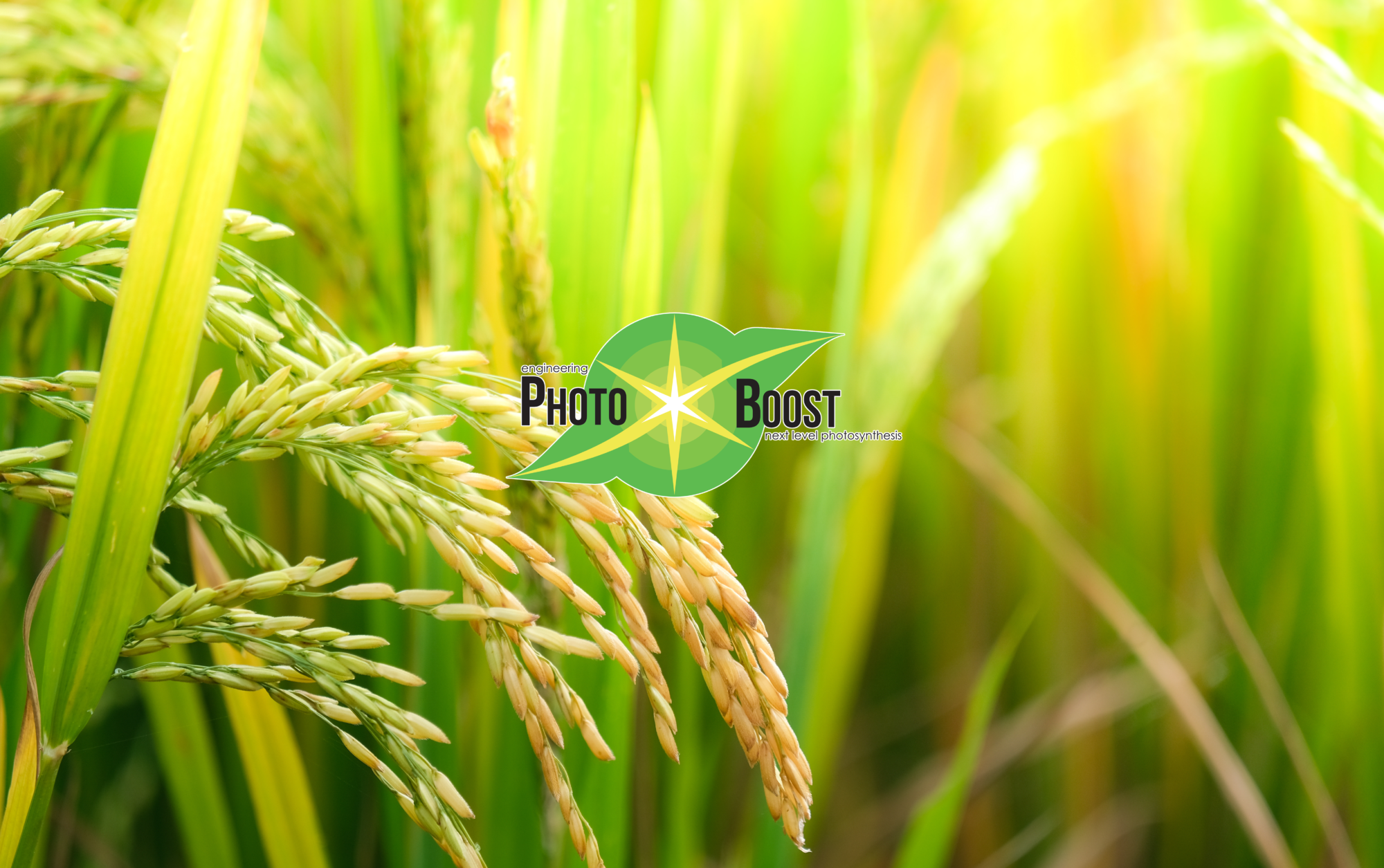Intermediate project results [November 2021]

© Universität Erlangen / Uwe Sonnewald
The United Nations estimates that food production needs to double by 2050 to meet the needs of a continuously growing global population – and an increasing demand for food, while, at the same time, agricultural land and resources are growing scarce due to the expansion of urban areas and climate change. Therefore, the EU project PhotoBoost aims to develop strategies to boost the productivity and performance of essential crops like potatoes and rice. Since its launch in April 2020, the eight international partners have been implementing said strategies within the different work packages (WPs).
Within WP1, photosynthesis was adapted to understand the impact of future higher [CO2], environments enabling the identification engineering/editing targets for adapting the photosynthetic apparatus to future climate challenges.
WP2 focuses on a cell-free system derived from tobacco BY-2 cells and supplemented with chloroplasts, which is photosynthetically active and can be used to screen and optimize chloroplast targeting efficiency of recombinant proteins.
In WP3, fast-track multi-gene expression vectors have been generated and are available for the transformation of potato and rice. Transformation of potato and rice plants with the final fast-track expression vectors has been initiated. Advance-track multi-gene vectors stacking LR, WUE and tuberisation traits have been generated.
In WP4, an analysis of transgenic potato varieties, combining light reaction, water use efficiency and tuberisation-relevant traits, has shown a 20 to 40% yield increase under either ambient, fluctuating light or heat conditions.
Within WP5, a detailed biochemical characterisation has been initiated with the transgenic potato plants analysed in WP4, to evaluate the impact of multi-gene expression on the accumulation of the photosynthetic end-product (glucose, fructose, sucrose, starch) as well as the primary metabolites. However, additional experiments are needed to confirm the initial results.
For WP6, we have carried out relevant scoping and preparatory work. We’ve developed an online presence for the project and begun the first round of qualitative data collection following ethical approval, which involves liaising with experts in agricultural biotechnology policy and regulation from across Europe and the UK. Our scoping review of literature on public engagement with biotechnology has provided an overview of the societal considerations around the use of gene editing technologies and the establishment of social media platforms will enable us to engage a wider audience with PhotoBoost research.
